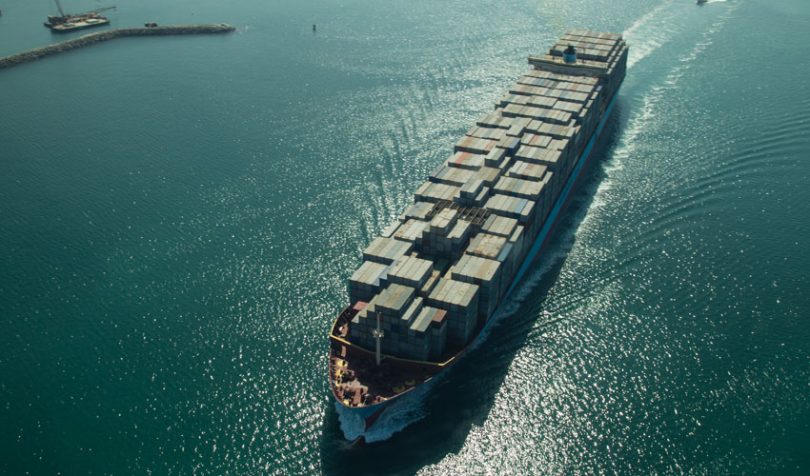Maqta Gateway, a subsidiary of Abu Dhabi Ports, announced the launch of their blockchain, Silsal. The aim of the platform is to provide greater security, transparency and efficiency in trade. Last week neighbouring Dubai announced a similar project.
Silsal reduces friction by speeding up information exchange, providing access to transaction status updates, and reducing the need for paperwork, phone calls, and in-person visits.
Initially, only freight forwarders and their customers can use the system, but Maqta plans to expand access to the rest of the trade community.
Maqta says the company is using their own digital identity solution which eliminates the need for passwords. Presumably this involves using encryption keys.
Dr. Noura Al Dhaheri, CEO of Maqta Gateway, noted, “Technology is a crucial driver for the future of the shipping, logistics and trade industry and blockchain is a key step in the digitalisation of trade.”
“Through Silsal, we will be offering the trade community secure and integrated access to blockchain technology, with the added value of cost and time savings through real-time track and trace, reduction in paperwork and ease in extracting vital information to receive live updates.”
Other port initiatives
Several ports are using blockchain. The Port of Rotterdam is one of the most advanced and is using the IBM/Maersk blockchain as well as some of their own initiatives. The IBM/Maersk project also includes Port Houston and Packer Avenue Marine Terminal port in South Philadelphia.
Last week the Port of Brisbane announced another project in conjunction with PwC. And in South Korea there’s a project driven by the Customs Service.
Another UAE supply chain project
In the United Arab Emirates there are already apparently competing projects. On Thursday, neighbouring Dubai announced a supply chain project. The Dubai Chamber of Commerce and Industry (DCCI), is partnering with the Dubai Future Foundation (DFF).
The initiative is called the Digital Silk Road project. It aims to “increase the transparency of supply chains through digital transformation and comprehensive process automation”.
Fragmentation
It’s conceivable the two UAE projects have different aims, though they sound rather similar. Unfortunately many competing blockchain platforms without sufficient standardisation, could be problematic. The purpose of blockchains is to provide a shared infrastructure and stop data being siloed. Too many separate blockchains ends up with different types of siloed information.
This reinforces the comments by some in the logistics industry that competition tends to trump cooperation. Because the industry is so fragmented the expectation is there could be a large number of narrow blockchains.


